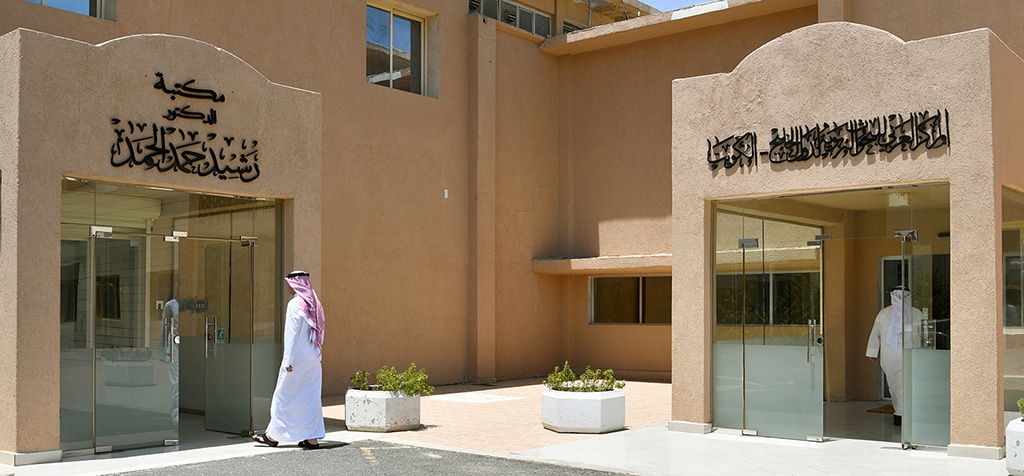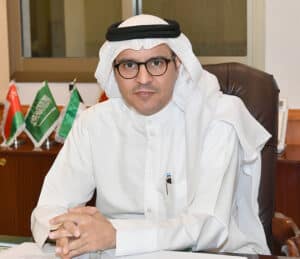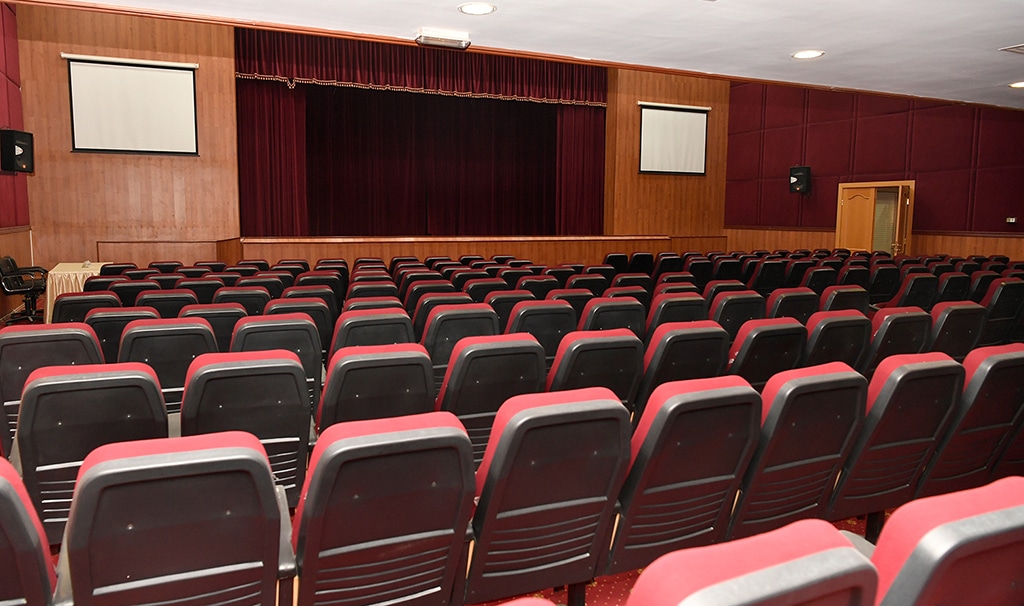KUWAIT: Director of the Gulf Arab States Educational Research Center Dr Mohammad Al-Sharikah said it was “important” to expand the center’s activities to allow more room for Gulf specialists and researchers to benefit from the center and its services in a way that enriches the educational research movement regionally. The statement came during an interview the center’s director had with KUNA. He said the center, which is located in Kuwait, aims to contribute to the development of the education movement in its member countries on a scientific basis to ensure it’s adequate and turn it into an effective force in the development of human capital and the social and economic development of the region and the Arab world.
Sharikah said the center relies on a scientific approach to evaluate the reality of education systems in member states and find solutions according to the latest global educational trends. The center also contributes to the formulation of educational policies by providing information based on research. It also conducts studies on educational variables pertaining to its member states. Green schools Regarding the latest activities and achievements, Al-Sharikah explained: “Work is currently underway at the center to complete a number of important programs and studies, including a program related to green schools to enhance the role of educational systems in confronting climate change and enable them to play a pivotal role in raising awareness of environmental issues among young people.”
He pointed out that the center is also working on a study on models of privatization of education, which aims to study the reality of education privatization in the Gulf countries and compare it with successful international models and then produce a guiding model based on a number of good policies and practices. He explained that these policies will enhance the role of the private sector in the development of education and enable government institutions to govern the allocation of education in a way that ensures the integrity of procedures and processes in order to reach the goals of raising performance and improving the quality of education and its services provided.
Al-Sharikah said added that center is also currently working on developing strategies for teaching and learning English at the primary level, which will enhance the capabilities of teachers and students to acquire it as a second language and achieve the goal of active and enhanced learning in our classrooms. Sharikah praised the “prominent role played by the center in coordinating the efforts of member states in the field of promoting education, unifying its goals, developing its curricula, providing the necessary support to them, and seeking to modernize their educational systems in order to achieve the aspirations of their peoples for progress and prosperity.”
International conference
The center also monitors educational research worldwide. The center's library includes many books and studies of interest to the educational field, as well as a theater and specialized training halls to help workers in the educational field of different specialties to advance scientifically and culturally.
 Men walk into the center and adjacent library.
Men walk into the center and adjacent library.
The center will hold its fourth international conference next year in the presence of a number of international experts and wide Gulf participation, at a time when it is currently developing its partnerships with global, regional and local research bodies to achieve the goal of keeping pace and maximizing the impact of the center's programs and projects at the international, regional and local levels, he added.
It is noteworthy that the Arab Center for Educational Research for the Gulf States is a specialized body in the Arab Bureau of Education for the Gulf States and is based in the State of Kuwait and was established based on a decision issued by the Second General Conference of Ministers of Education in the Gulf States held in Riyadh in 1977. -- KUNA






